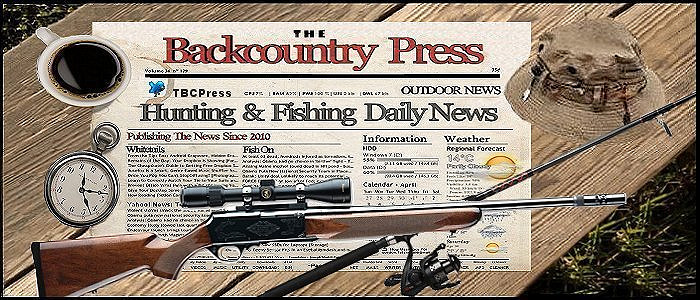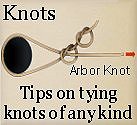The country's premier hunting and fishing daily news
The Backcountry Outdoor News reports the latest hunting & fishing news along with fishing derbies & tournaments
from:
| ||||||
| ||||||
|
Loading
Boating Safety Tips
Submitted by: Backcountry Outdoor News
© 2010 Backcountry Press Outdoor News - All Rights Reserved
Disclaimer: The views expressed on this site are that of the authors and not necessarily that of The Backcountry Press Outdoor News
BACKCOUNTRY PRESS is the country's premier daily hunting, fishing & outdoor news in the USA, Canada and more. Read whats happening in your neck of the woods & beyond.
For those who provide updated information in the field of hunting & fishing, please don't hesitate to contact us to get
your articles added to our site.
The Backcountry Press
Holidays generally means a lot of boats on local waterways. Whether its fishing, waterfowl hunting or just recreation, we want everyone to have a great time and enjoy their time on the water. “We also want everyone to be safe and make it back home alive.”
Here are some important Boating Safety Tips:
- Designate an operator.
- Do not drink and operate a boat. Alcohol is a major contributor to boating fatalities. Often, impaired boaters come off the water and become impaired drivers, further endangering public safety.
- Wear life jackets. The No.1 cause of boating deaths is drowning. Law requires life jackets for children under 6 years and all people using personal watercraft or water skis.
Take a boating safety course. Everyone 21 years old or younger is required (in some states) to complete an approved boater education course to operate most motorboats. We encourage all boaters to take a boating safety course. Visit https://www.boat-ed.com/
- Don’t overload your boat with people or equipment. Check on the capacity plate for the maximum weight or the maximum number of people the boat can safely carry.
- Use navigation lights at ALL times when on the water at night. Check lights before it gets dark.
- Watch your speed. The 100-foot law applies to ALL size vessels and prohibits operation at speeds greater than idle speed within 100 feet of any vessel, unless overtaking or meeting another vessel in compliance with the rules of the road.
- Be weather-wise. Consult weather forecasts before you begin your outing, and get off the water before bad weather hits.
- Make sure your boat and motor are in good working condition.
- Check all safety equipment, including life jackets, fire extinguishers, sound-producing devices and visual distress signals.
- Maintain a sharp, 360-degree lookout at all times for traffic and bad weather.
- File a float plan. Tell a responsible person where and when you are leaving, where you are going and your estimated time of return.
- Carry a cellular phone, and be sure your VHF radio is working properly.














